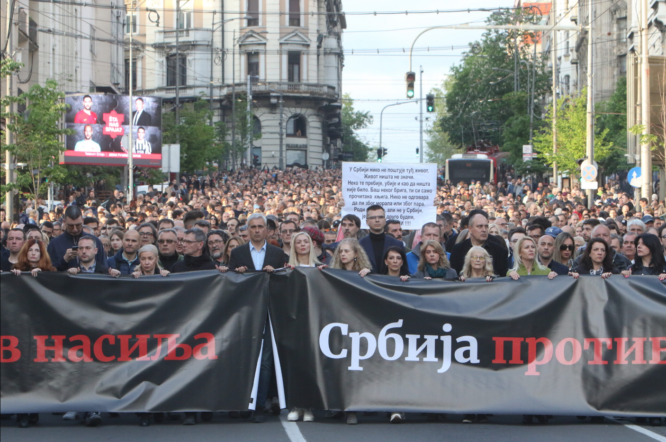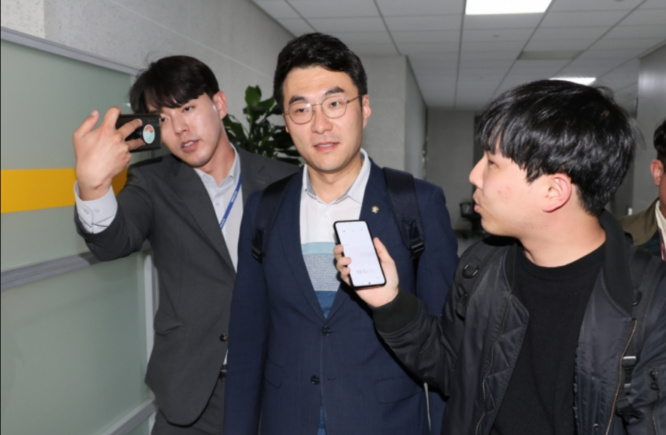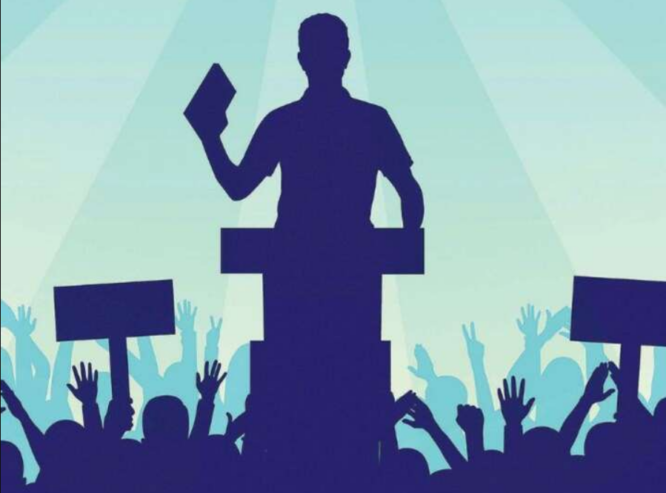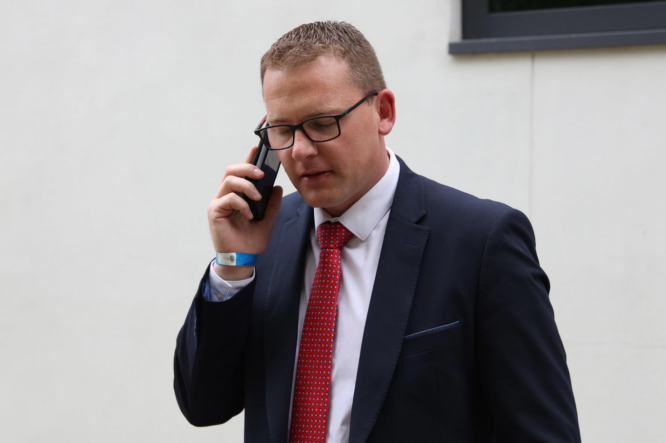Tens of thousands of Serbians have gathered twice in Belgrade in the past two weeks, demanding the resignation of top leaders and a media crackdown on violence. Two mass killings on 3 and 4 May, including nine children at the “Vladislav Ribnikar” elementary school in Belgrade, sparked the demonstrations.
Pro-European opposition groups staged two massive rallies on 8 and 12 May, possibly the largest since Aleksandar Vučić and his Serbian Progressive Party (SNS) took office in 2012. Another one will block Belgrade’s “Gazela” Bridge on Friday.
“We demand an immediate halt to the promotion of violence in the media and public space, as well as accountability for the long-standing inadequate response from the relevant authorities,” said the green-left opposition group “Ne davimo Beograd” in a press statement.
The protesters also want the resignation of the interior minister, the head of Serbia’s intelligence agency, and members of the Regulatory Authority of Electronic Media (REM), which licenses national broadcasters and is often accused by the opposition of enabling government media control.
They accuse the authorities for ignoring violence on national pro-government media networks for years. Opposition proposals include outlawing violent reality programs and pro-government periodicals that violate media standards of conduct by writing vulgar pieces about political opponents.
Education Minister Branko Ružić resigned last Sunday, a day before the first demonstration and five days after the unthinkable tragedy, under heavy public pressure.

He called the school shooting “cataclysmic” in his resignation letter. On the same day as an elementary school shooting, the same minister blamed “Western values” for such violence, drawing strong criticism.
Opposition groups have said “all of Serbia will come to a standstill,” suggesting the protests might intensify. Novi Sad and several other Serbian cities have held protest marches.
The government slammed the protesters.
Serbian President Aleksandar Vučić and other top authorities have denounced the protests, calling the opposition “faceless evil” that exploits a national tragedy. Front pages of pro-government tabloids described the event similarly. These media sites said the gathering attacked the Serbian president and politicized the 18 fatalities. “RT Balkan,” a Serbian counterpart of the Russian state-affiliated portal prohibited by EU sanctions against the Kremlin, has also defended Aleksandar Vučić, accusing the opposition parties of using the tragedy for political benefit.
In March, Vučić began planning the “People’s Movement for the State,” a new political movement. Many feel that Vučić created this movement, of which the SNS would be a member, to rebrand his party after 11 years of corruption scandals. Last year’s elections showed Vučić is much more popular than his party. Vučić suggested September emergency elections.
State officials have speculated about Belgrade protesters for two weeks. Opposition leaders are accused of doctoring protest images.
Ana Brnabić’s Twitter photo of the Serbian president, prime minister, and finance minister has angered many. “We’re many more than last time. “We’ll be heading to Gazela Bridge soon,” Brnabić tweeted, ridiculing the opposition’s doctored photographs.

The media and social media portray the Prime Minister as ridiculing anti-violence protesters rather than her political opponents.
Mass shootings’ state response
Serbians seldom see mass murders, therefore the elementary school massacre on 3 May was unthinkable. A 21-year-old man killed eight and injured 13 in villages near Mladenovac, Belgrade, a day after the elementary school “Vladislav Ribnikar” tragedy.
After these occurrences, the top state authorities stressed that these incidents were unpredictable and that the government was not responsible. The people urged Education Minister Branko Ružić’s resignation, but SPS leader Ivica Dačić said it wouldn’t fix the situation.
“I think Minister Ružić will resign or not. Dačić said similar occurrences occur once every 10, 20, or 30 years, therefore it won’t help society solve this issue.
On moral reasons, the education minister resigned irrevocably. Many believe he resigned to detract from Monday’s opposition demonstration.
The Serbian president recommended various measures after the shootings, including an amnesty for illegal firearms, which took effect on Monday, 8 May.
The president’s new regulations allow anyone to surrender firearms, ammo, and explosives to the nearest police station from home. Call the local police station to have a patrol pick up unregistered firearms without identification.
“Until June 8th, citizens who surrender weapons will not be criminally liable. The Ministry declared in a written statement that the weapons’ origin and paperwork are not required.
All licenses will be checked and limited to 40,000. “Those who keep firearms will have to undergo checks every six months, including medical and psychiatric evaluations and mandatory drug tests that they will be informed of 48 hours in advance,” Vučić said.
The Ministries of Internal Affairs and Health will propose obligatory gun owner exams while the Serbian Justice Ministry amends regulations on the illegal creation, possession, carrying, and sale of weapons and explosives.
Opposition groups feel that the ruling party’s media and TV stations incite violence in Serbia.




